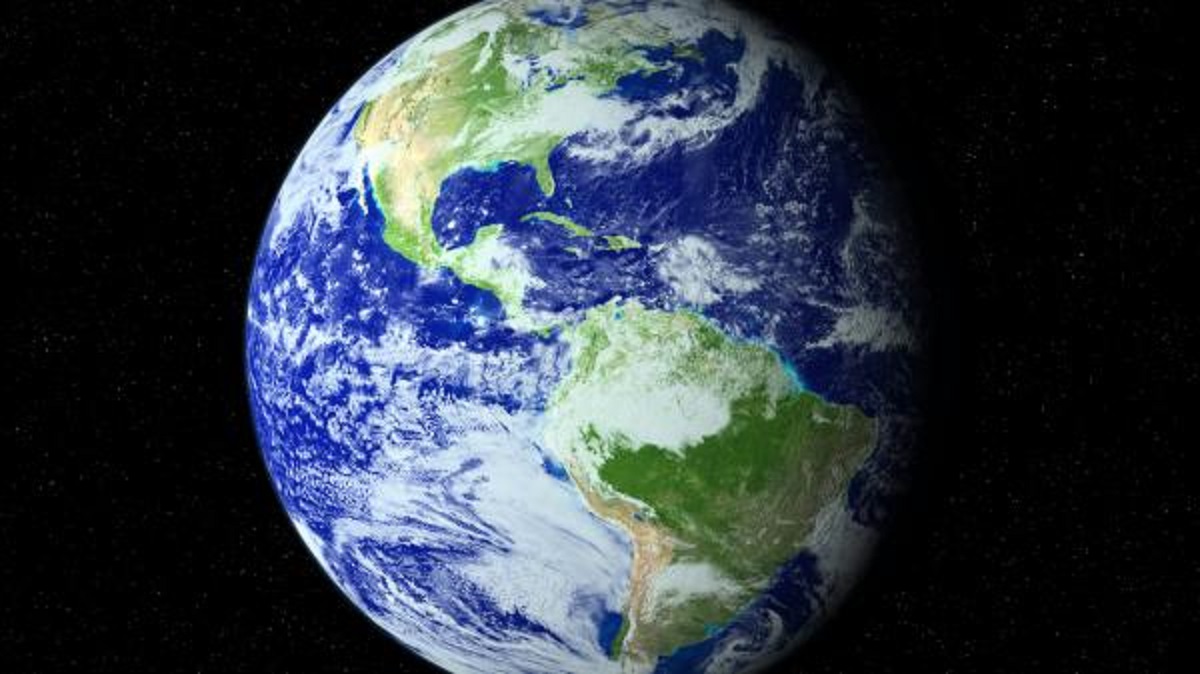
Earth Day is an annual event celebrated globally on April 22nd to raise awareness about environmental conservation and sustainability. It originated in the United States in 1970, inspired by a growing concern for environmental issues, particularly in the aftermath of a significant oil spill off the coast of California. Senator Gaylord Nelson conceived the idea of Earth Day to harness the energy of student anti-war protests and raise public awareness about pollution.
The first Earth Day on April 22, 1970, saw millions of Americans take to the streets, parks, and auditoriums to demonstrate for a healthy, sustainable environment. It marked the beginning of the modern environmental movement and led to the creation of the Environmental Protection Agency (EPA) and the passage of landmark environmental laws in the United States.
The choice of April 22nd as the date for Earth Day was strategic. It falls between Spring Break and Final Exams, making it convenient for student participation. Over the years, Earth Day has evolved into a global event involving more than a billion people in over 192 countries.
The theme of Earth Day varies each year, reflecting current environmental challenges and priorities. In recent years, themes have included issues such as climate change, biodiversity conservation, and sustainable development. The theme for Earth Day 2024, as you mentioned, is “Planet vs. Plastics,” focusing on reducing plastic pollution and promoting a plastic-free future for the health of both humans and the planet.
The significance of April 22nd extends beyond Earth Day itself. In 2016, world leaders gathered on April 22nd to sign the Paris Agreement, a historic international treaty aimed at combating climate change by reducing greenhouse gas emissions and limiting global warming to well below 2 degrees Celsius above pre-industrial levels, with efforts to limit the temperature increase to 1.5 degrees Celsius. This further solidified April 22nd as a symbolic date for environmental action and global cooperation.






